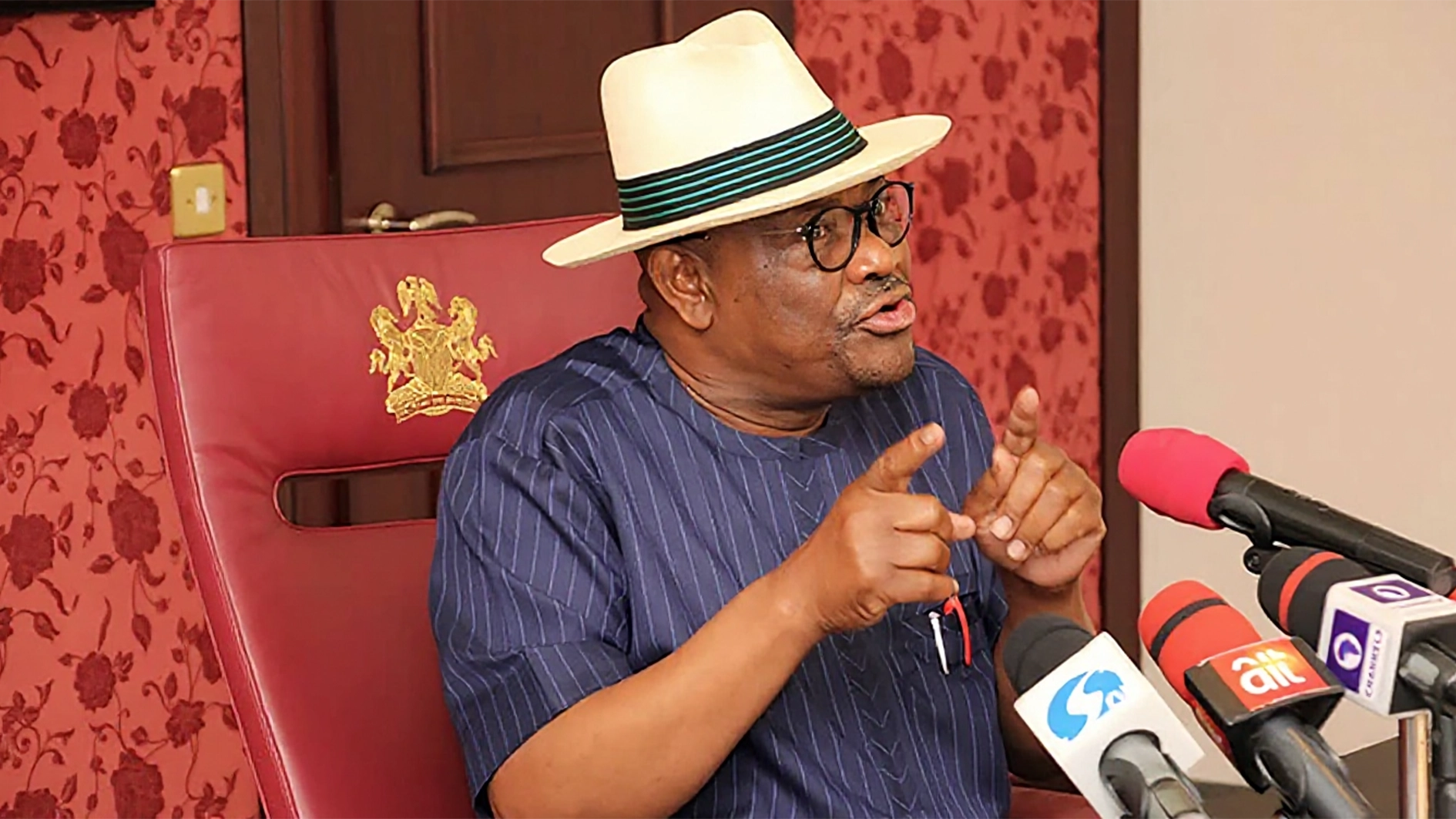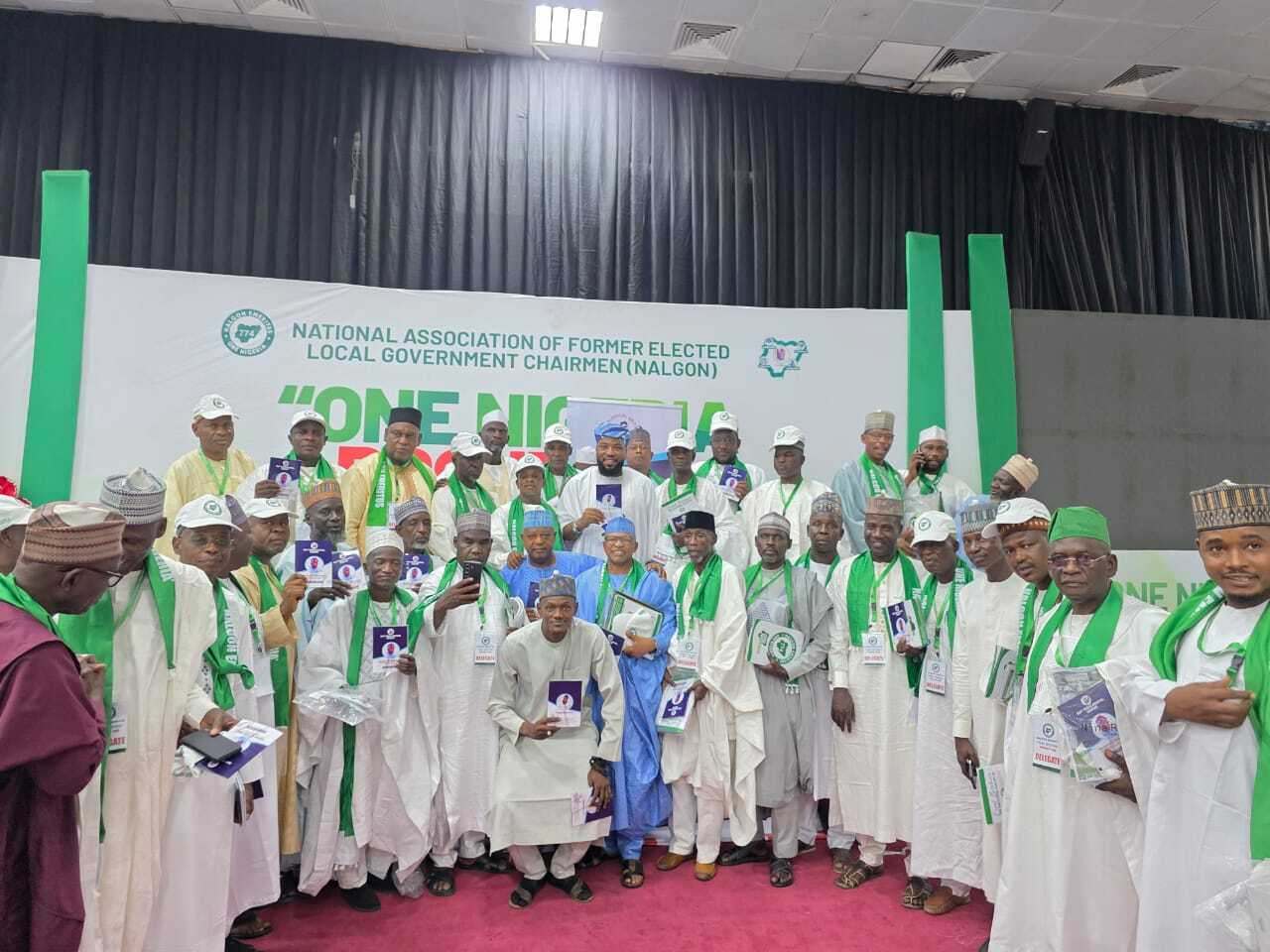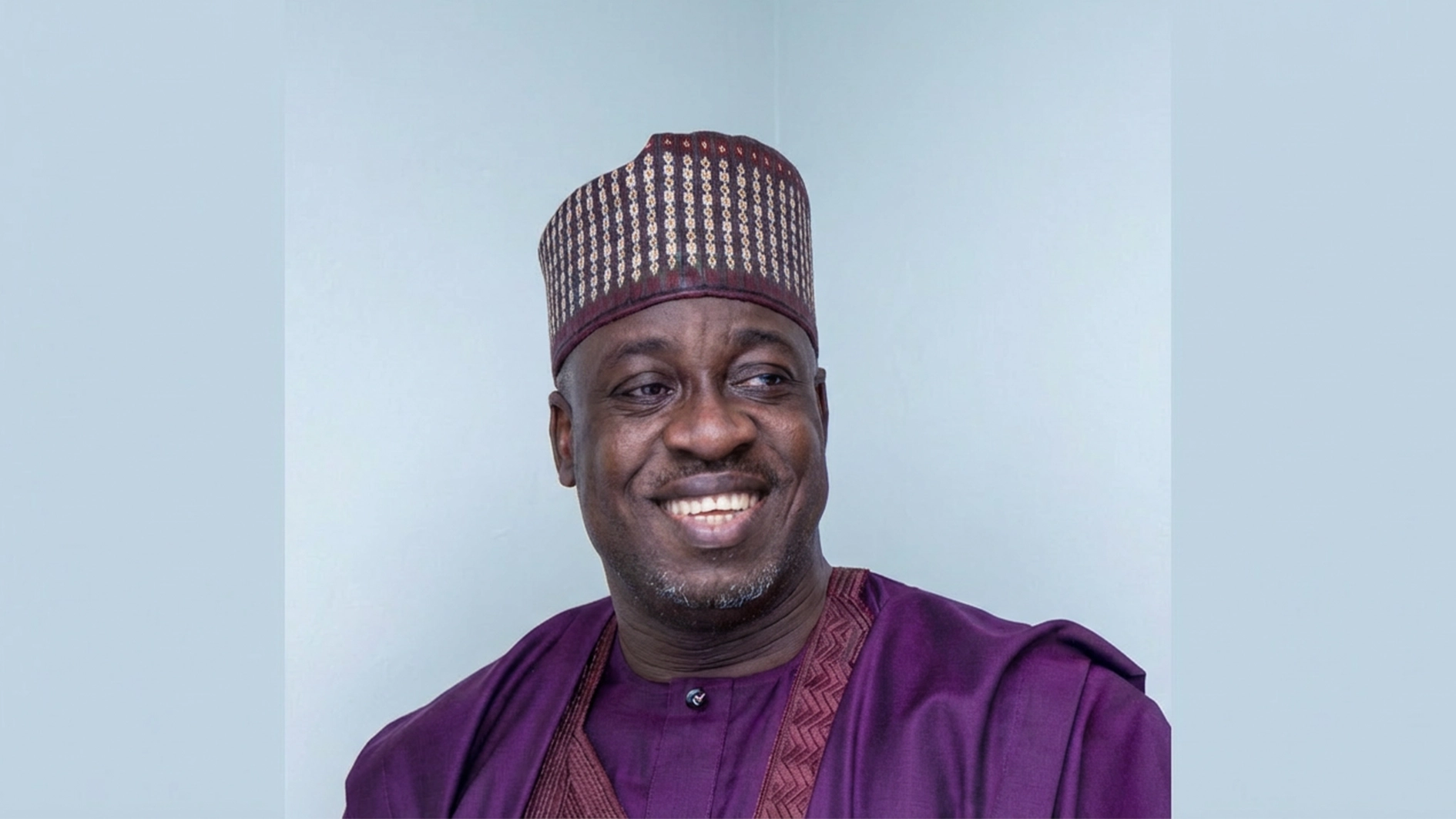
Deputy Governor of Lagos State, Dr. Obafenmi Hamzat spoke on how the National Leader of All Progressives Congress (APC), Bola Ahmed Tinubu drafted him into Lagos politics and how the COVID-19 pandemic will influence government policy on health. SEYE OLUMIDE reports
Who brought you into Lagos politics?
My father was a politician but before then he used to be a banker and when he came back from the north after spending a long time there, as the regional manager for IBWA, he joined Lagos politics and he got elected into the House of Assembly. Thereafter, he became a commissioner. At that age, I noticed that my father would always compel me to use longhand to write minutes of meetings he attended. Even though he would have typed the minutes, he would still ask me to write it longhand. I didn’t know his intent then but it allows me to read minutes of the meetings of elders and, of course, that influenced me. During the holidays, I also see thousands of people in my father’s house, trooping in to hold meetings and I got used to what politics is since then.
But I never had plans to join politics; all I wanted to do is have a sound and standard education. That was what I was doing until I met former governor of Lagos State, Bola Ahmed Tinubu. I had my PhD at 26 and I started working in the U.S. After finishing in the U.K., I got a post-doctoral job in Saudi Arabia in 1991. I returned to Nigeria to stay for two to three months before I returned to Saudi Arabia. I also got another job in Canada in a place called University of Cascatum, a very cold place. I remember then the Registrar of my school, Mrs. Ama Demunta, said to me Kadir, “I am not sure you would like this place but then I went for the interview. It was very cold there and I said to myself, ‘no, I cannot live here.’ So, I turned down the offer, thinking of returning to Saudi Arabia, but that was when the Gulf War started and I had to cancel the whole thing and I became stranded.
I went to City Bank, because in my PhD, I did more of computer analysis than engineering. I started doing IT stuff in City Bank and from there I moved to other financial institutions. That was how I meet Tinubu, when we were having a meeting. He came in as the governor of Lagos and, of course, my father had told me about him. After the presentation, Tinubu met me, because I was the only black person at the meeting, and he said to me, ‘Femi Hamzat, which of the Hamzat is yours?’ And I explained. He said, ‘So, you’re the son of my leader. What are you doing here? And I said, ‘I needed to survive.’ This was the period Lagos State was doing what people called ORACLE and the national leader told me, ‘We are doing something related to your line of profession in Lagos. Why can’t you return home and complete it?’
I didn’t take it serious at first, but he kept mounting pressure on me to return. But I told him I would like to work in the private sector and not necessarily in government. Tinubu organised an interview for me in Oando, Oceanic Bank then and MTN. Oceanic and Oando offered me employment, but I settled for Oando. From there we started the implementation of ORACLE successfully and then Tinubu said, ‘You need to come and help plus in Lagos’, and that’s how I became a commissioner under his administration.
You contested the party’s governorship ticket but lost to former Governor Akinwunmi Ambode in 2015. What made you settle for deputy governor’s position in 2019?
In 2014 when the former governor, Babatunde Raji Fashola was about completing his second term in office, I got the nomination form to contest for the governorship ticket of our party. Recall that I had already spent close to 10 years in government at time. I served as Commissioner of Science and Technology towards the last two years of Tinubu’s administration, and I continued in the same capacity during the first term of Fashola and, in the second term, I was appointed Commissioner for Works. I took the form but in politics, you must push and push, but it wasn’t successful at that time. The reality then was that both Tinubu and Fashola spent 16 years in power, and they are both Muslims. So, the leadership of our party decided it was good to allow a Christian emerge as our candidate.
Basically, we had a former governor who the party didn’t support again for re-election in 2019 and you know the story. The interesting thing was that I couldn’t say no when I was approached to run as deputy to the incumbent governor, Babajide Sanwo-Olu. The reason is that by some coincidence, when I became a commissioner, Sanwo-Olu was also a commissioner and he was in government before me. By some coincidence, I was sworn in alone as commissioner, because I joined the Tinubu administration in the middle of the second term. The incumbent governor happened to be the one who took me round then and so we bonded. He explained things to me and, as matter of fact, he is probably the only commissioner that I ever go to his house and he also comes to my house. So we became very close and when I was running in 2015, he was one of the people that stood with me till the end of the primary and even he told our leaders that I am his friend and he would like to support me. When it comes to his turn I really couldn’t say no.
How would the COVID-19 experience shape the policy of this government in the area of health?
One of the things that we saw is that our Primary Health Centres (PHC) have to be well-strengthened. You will notice that we are now doing oxygen centres in about 10 PHCs. We started in Isolo General Hospital and Alimosho. Part of what we discovered was that most people that died as a result of COVID-19 in communities were due to oxygen reduction. If our PHC can have oxygen centres, maybe we would have been able to save some lives. One of the things we would be doing is to strengthen our health system a bit more. We are designing a new children hospital. It is phase 2 of a massive hospital and it is going to be very massive. We are also thinking of building research institutes were research would be carried out on infectious diseases.
Our health system would be strengthened because, whether we like it or not, there is the possibility of another pandemic in some years to come; so, we need to be ready. We will be doing massive renovation of our hospitals in preparation for such eventuality.
Recently, the state House of Assembly raised issues concerning the non-functionality of the multi-billion naira Cardiac Arrest Centre at Gbagada General Hospital. The legislators also tackled the executive over the whereabouts of the three helicopters purchased with the Security Trust Fund money. Can you shed some light on these issues?
It is not true that the Cardiac Arrest Centre has never been working. My late mother was there when she was alive. For instance, if we built a psychiatric hospital as we are planning to do now, the question is, how many psychiatrists do we have in the country today? They are few and this means you must find a way to bring them in. So, when we built the Cardiac Arrest Centre, how many specialists do we have that can deal with that? One of the first things we asked ourselves was, how do we run this place? We brought in Professor Green, a citizen of Lagos who was practicing abroad and told him, ‘Look, you are going to help us in Nigeria’ and he came. We brought in experts from South Africa, especially a sister of the incumbent Speaker, Femi Gbajabiamila, was recruited as a nurse from South Africa to come and practice there. We brought in all these specialists to come and practice, but like everything else, the coming together of a lot of people can also be a problem.
We also noticed that in terms of the power audit of that place, it was wrong. When the power was designed, unfortunately we didn’t take into cognisance the power needs of all the equipment. What we designed for power was a major problem and because it affects the equipment, the people (experts) couldn’t stay. It is not that it was never used, no. Like I said, the major problem was power. What that means is that all the cables buried inside concrete have to be brought out. And that is what we just started doing, to break all the concrete walls and bring the cables out. I hope we have corrected it. That was the problem.
I remembered very vividly; when we started, we realised that nobody had ever done power audit in this country. So, we started doing power audit in Magodo and we realised the number of generators people were using. The power coming into the equipment is less compared to what the equipment needed and if we don’t quickly take it off it would have destroyed them.
To be honest, I listened to the debate of the House on television and I was surprised. The helicopters are there. I didn’t know what brought about the debate on the floor of the Assembly.






